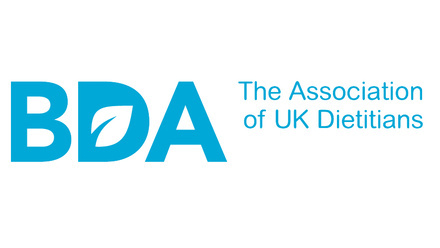Of course, dietitians support evidence-based practice. And on the hierarchy of evidence, large multi-site randomised studies get the gold award. The questions less asked are about the channeling of implementation decisions, once high-quality evidence is agreed.
So it is sad to mark thirty years since the publication of the MRC Vitamin Study Research Group findings on the prevention of neural tube defects (NTDs). The research, led by Professor Sir Nicholas Wald, showed a more than 70% protective effect on NTD risk in women who took folic acid supplements prior to pregnancy. There have been many subsequent studies confirming these observations, and it is increasingly unethical to do research withholding folic acid. But still, there are about 1000 NTD affected pregnancies in the UK each year. Two women choose to have terminations of pregnancy because of the identification of NTDs every day, and two women give birth to an affected child every week.
The UK government (and devolved administrations) recommend that all women who could become pregnant take daily supplements containing 400ug folic acid. The challenge is that the protective effects of folic acid occur in the first month of pregnancy, and not all pregnancies are planned. A study of nearly half a million women in England showed that only 31% had taken folic acid prior to pregnancy. So while folic supplements are the ideal, it is advice that does not protect most pregnant women.
Dietitians are the experts in providing dietary guidance on increasing intakes of particular nutrients through foods and/or targeted use of supplements. Dietitians are also experts in advising on population-wide nutrient improvements through fortification - which is nothing new. Dietitian Elsie Widdowson was instrumental in the 1941 decision to require mandatory flour fortification with calcium, iron, thiamin and niacin - legislation that is still in place today.
There have been many discussions considering the addition of folic acid to flour in the UK in order to improve the folate status of women most at risk of neural tube defects. In 2017 the Scientific Advisory Committee on Nutrition (SACN) reaffirmed their support for a folic acid fortification policy, in agreement with the position of Food Standards Scotland. A UK government consultation on folic acid fortification has been issued (closed September 2019, outcome still awaited).
Since the publication of the 1991 UK research by Professor Sir Nicholas Wald and colleagues, more than 80 countries have introduced food legislation making folic acid fortification mandatory, from Antigua to Zimbabwe. It has been in place in the USA since 1998, and most recently in July of this year, New Zealand.
More research is not needed. But faster, clearer implementation of what works is. And dietitians should be louder champions of folic acid betterment. This is a great time to speak again about folic acid (to politicians, media, medical colleagues, friends and neighbours).
The opening line, ”Let me tell you about some really old research...”




